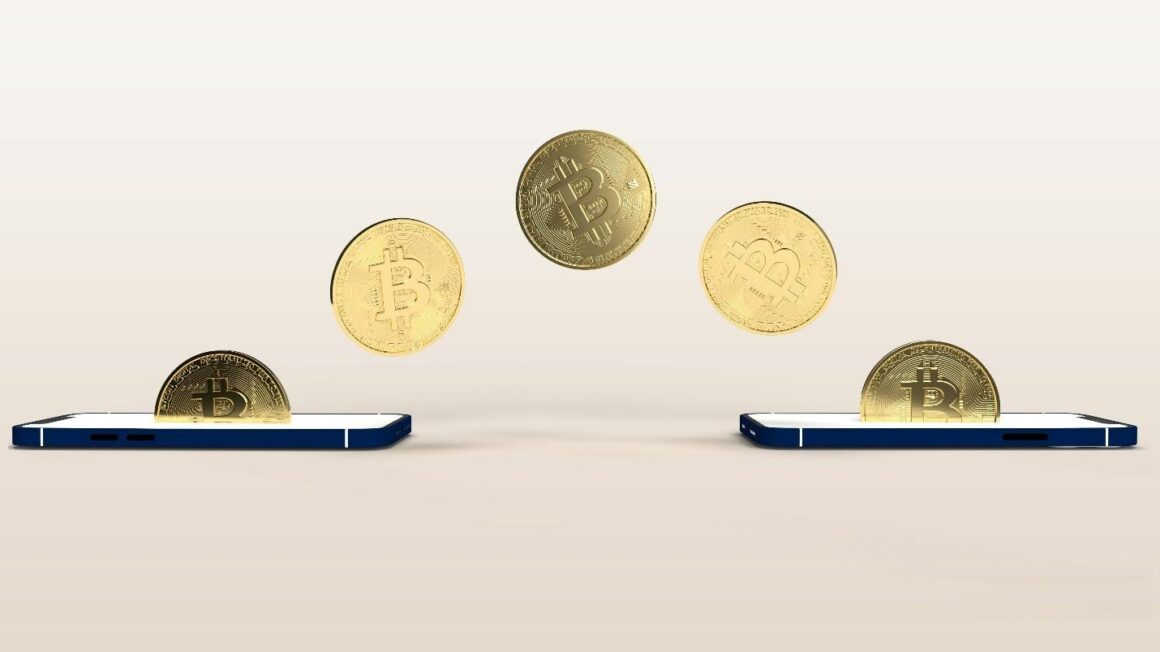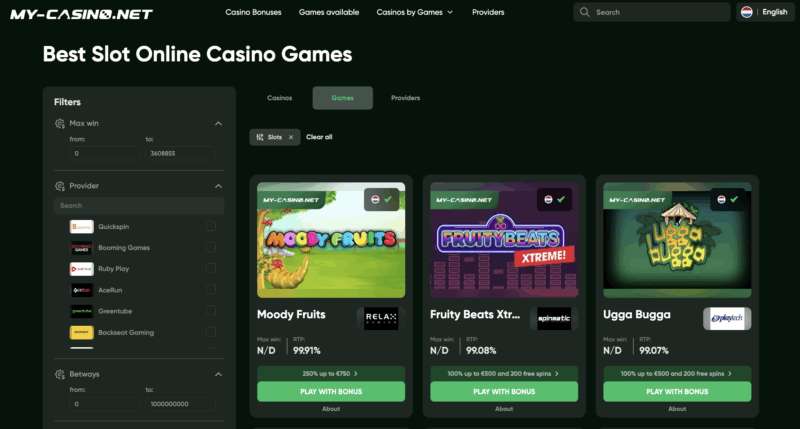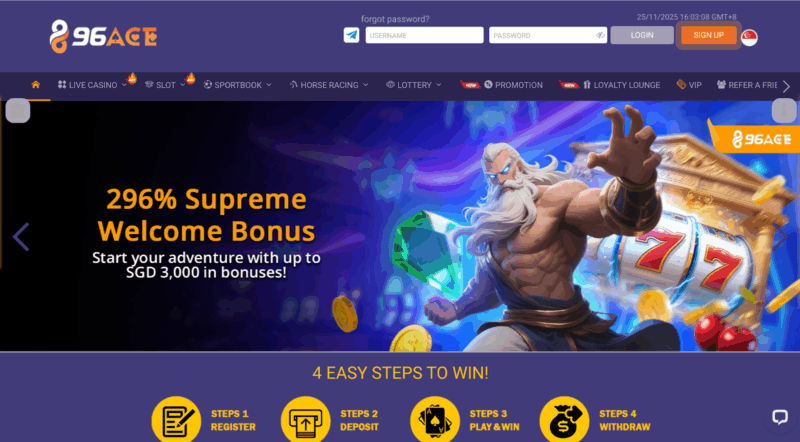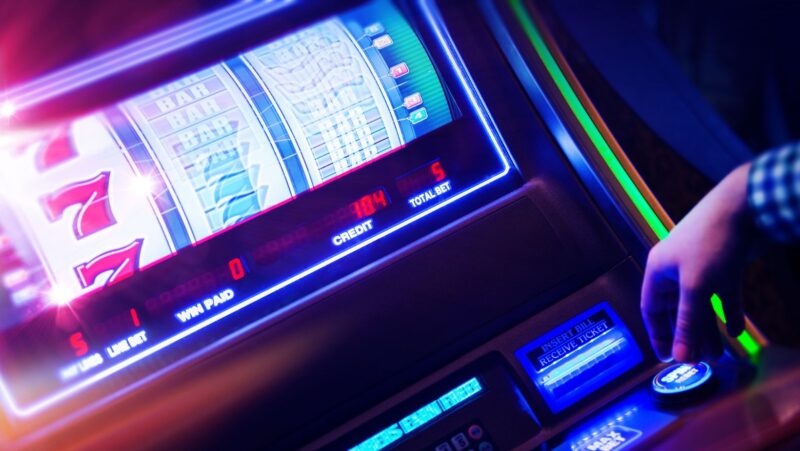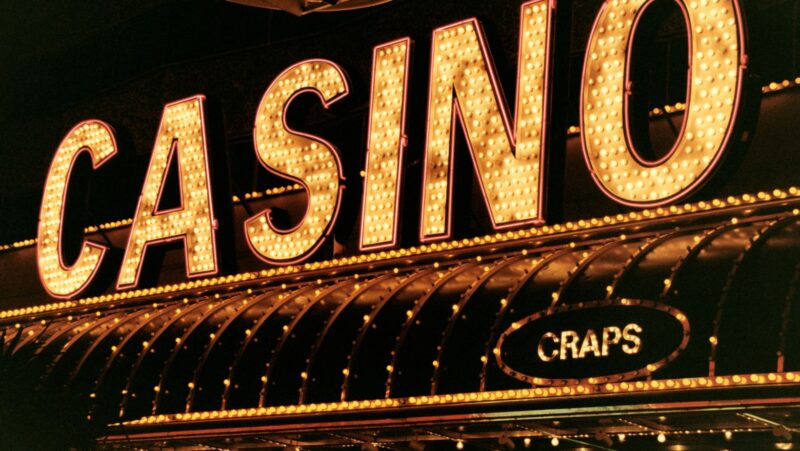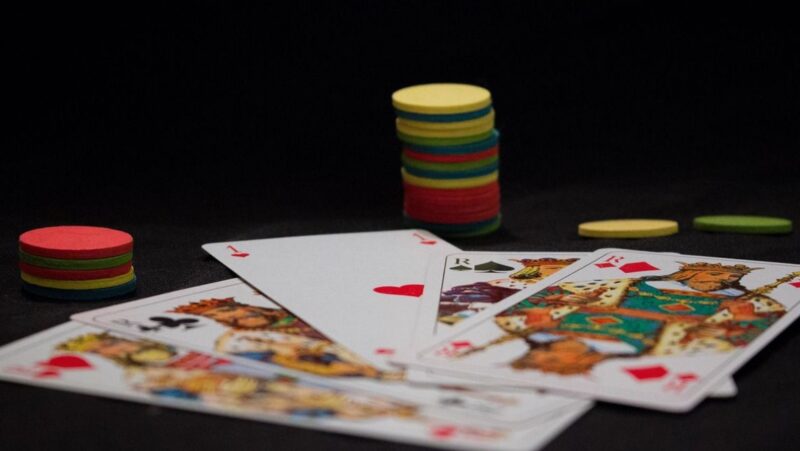
 Blockchain is frequently thought of as the innovative technology that transformed one of the hottest financial tools to date, cryptocurrency, from a developer’s dream into an investment possibility for everyone. In short, blockchain is what facilitates decentralized payments, crypto investing, and international money transfers that only necessitate an internet connection and e-wallet.
Blockchain is frequently thought of as the innovative technology that transformed one of the hottest financial tools to date, cryptocurrency, from a developer’s dream into an investment possibility for everyone. In short, blockchain is what facilitates decentralized payments, crypto investing, and international money transfers that only necessitate an internet connection and e-wallet.
For those with more knowledge on the matter, blockchain is also the technology used to revolutionize the gaming industry as we know it. Render, one of the top cryptos of the moment, broke into the gaming industry as a unique way of pooling resources together and allowing game creators to access new opportunities. Render ushers in a new era of GPU rendering for gaming tokens, and those who trust its ability to lower costs and improve scalability for high-quality 3D graphics continuously recognize an additional opportunity to capitalize on its investment potential. To stay up-to-date with the asset’s market performance, you can check the Render price today, along with its historical data, market sentiment, price chart, and future projections.
Many industries benefit immensely from embracing blockchain. While crypto enthusiasts have wholeheartedly embraced the blockchain gaming revolution, the wider gaming audience has yet to grasp this innovative fusion’s advantages completely. Before taking sides, let’s explore the advantages, challenges, and emerging opportunities of blockchain gaming, paving the way for a future rich with potential. To delve deeper into optimizing your blockchain project’s online presence, learn more about specialized SEO strategies.
Shedding light on blockchain gaming
Before anything else, it’s essential to know exactly what blockchain gaming is in order to clear up any confusion this new technology may have created. Blockchain games are practically games that integrate elements and features of blockchain technology, such as non-fungible tokens (NFTs) and cryptocurrencies, usually with the purpose of diversifying monetization methods. These elements usually permit players to buy and sell in-game items for cryptos like Bitcoin, Ethereum, Render, and so on, or simply represent in-game items with non-fungible tokens. These developments frequently use virtual assets for currencies exchanged in the game, sometimes permitting players to be paid in crypto with every progress made in the game.
In these games, participants gain ownership of the unlocked items, which sets these developments apart from the traditional games where access to in-game assets is scarce or not guaranteed. A case in point is Call of Duty Warzone 2.0 and the malfunctioning servers that caused players to lose their items in November 2022. Had the game made use of blockchain technology, those assets could’ve been minted as non-fungible tokens and remain in players’ wallets instead of being lost.
Blockchain bolsters player security
Besides securing in-game assets, blockchain tech in gaming also improves players’ online safety. They can rely on encrypted ledgers to store their accounts’ passwords, keywords, and other sensitive data. As we know, in the traditional gaming realm, players’ personal information is often at risk due to hacking vulnerabilities.
Blockchain records every transaction transparently on the decentralized ledger, making the transfers impossible to tamper with. This doesn’t just boost security but also promotes trust among gamers, given that their actions and transfers are resistant to malevolent attempts and activities.
Opportunities to leverage
Blockchain ensures live, accurate monitoring and money transfer of royalties for everyone making their contribution to the system. At the same time, the tokenization possibility enables audiences and creators to get in touch, interact, and build trust among users. Blockchain games improve transparency in the following ways. Say a user says they’ll launch 10 armor sets, then you can check their promise through a blockchain explorer. With this technology, you’ll know what you earn by playing. Unlike conventional games, these assets are tradable among players and create new opportunities to build wealth.
Blockchain can fuel platforms where developers have more authority over what they create, sell, exchange, and ultimately earn. Blockchain’s cheap and on-the-spot payments make new monetization methods possible for digital content.
Lastly, the market is open to everyone worldwide. Decentralized ledgers can link content makers with audiences worldwide, bypassing the traditional gatekeepers that hinder connections in the traditional gaming environment.
Challenges to overcome
As with every new technology, blockchain also has a few difficulties to overcome. Scalability is one of them, as the networks keep aiming to process higher and higher transaction volumes, which hinders the technology’s strides in entertainment. At the same time, the uncertainty brought by a deficient number of well-established guidelines for blockchain-centered smart contracts and assets creates room for legal risks.
Blockchain isn’t the most accessible technology to decipher and master, which holds potential enthusiasts back from trying to understand and use it. Many industry experts and gamers consider blockchain notions challenging to grasp, use, and promote further.
Another challenge the industry is working on overcoming is energy consumption, as blockchain consumes significant amounts of energy, raising environmental concerns. Fortunately, there’s strong interest in transforming blockchain into a less environmentally straining and technically difficult-to-understand technology that more users and professionals will feel incentivized to explore.
The future of blockchain gaming
Blockchain gaming has yet to mature completely, but many promising creations have emerged over the last few years and have built confidence in its future. Blockchain is likely to transform the gaming industry in a few incredible ways. For instance, the interconnectivity between digital realms and economies can deepen, permitting gamers to possess, buy, and sell in-game assets across various games. This possibility can lead to the emergence of new revenue streams for players and devs alike.
Augmented reality games will profit from blockchain’s ability to anchor digital items in the real world, allowing members to share experiences. Moreover, users could spot and stock one-of-a-kind digital objects in tangible locations, with the technology guaranteeing their scarcity and authenticity.
Virtual reality games may also benefit from blockchain, allowing for immersive and economically multifaceted environments. Users can own, trade, and build real estate pieces in virtual realms, along with goods and services. Cryptocurrency is essential as it bridges the gap between virtual and real-world economic systems.
As you can see, there are numerous opportunities that blockchain brings to the table, fostering innovation and interconnection among users across the world.





